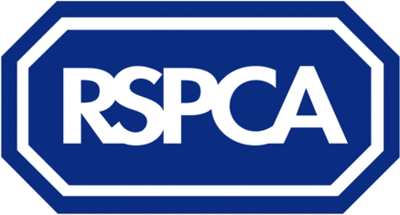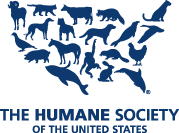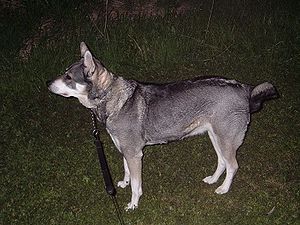
In Old Slaughter’s Coffee House (named for the original owner), near Picadilly Circus in London, on the evening of June 16, 1824, an historic meeting took place. It was a meeting to discuss protecting animals from cruelty. Fortunately the meeting’s success has been felt around the world.
Two years earlier, Richard Martin, a member of Paliament presented a bill to the House of Commons to protect domestic animals. One man of vision, the Reverend Arthur Broome of Devonshire, was determined to see the bill put into effect. Reverend Broome began a crusade for animal welfare, spending all monies in the endeavor and going to Debtor’s Prison during the early struggles of the group he founded – The RSPCA.
Among those attending the meeting were George IV and William Wilberforce. They recognized the need to educate the public and make them aware of the cruelty being perpetrated on animals.
On that fateful day in June, 1824, Reverend Broome, after a 2 year struggle was successful in forming the SPCA as minutes of the meeting indicate. (The Royal was added later).
As with all beginnings the RSPCA faced many challenges, not the least of which was a shortage of funds. When Mr. Broome was in jail, Lewis Gompertz who attended the first meeting, with the help of friends, collected enough money to pay the debt and Broome was released. With Mr. Broome unable to attend many meetings of the group, Mr. Gompertz was elected as Honorary Secretary.
Mr. Gompertz vowed never to do anything that would hurt animals. For the rest of his life, he stopped eating meat and refused to ride in horse-drawn coaches. Mr. Gompertz worked to abolish dog pits (dogfighting), bullfighting, bull-baiting and to see that Martin’s Act was enforced.
The Society also worked to see that cat skinners were punished as well as men who used dogs as draft animals and to alleviate the suffering of horses.
Richard Martin, nicknamed “Humanity Dick”, has the honor of being the first man in the world to force a law through Parliament establishing as a legal principle that animals have rights. His fame spread worldwide and in the U.S. at the San Francisco SPCA, a plaque honors him with these words – “Richard Martin known as “Humanity Dick,” author of the first law to protect animals in England – 1822.”
The first inspector working for a time for Mr. Broome was a Mr. Wheeler, the first of now over 250 British Inspectors working today for the RSPCA.
With the encouragement and generosity of Queen Victoria, the Society flourished. The RSPCA asked her permission to coin a Queen’s Medal which the Queen agreed to and even sketched a cat into the proposed design. Queen Victoria approved the addition of “Royal” to the SPCA.
Branches of the RSPCA opened throughout England and were copied in Germany, France, Austria, Belgium and Holland.
Mr. Henry Bergh, a wealthy American diplomat and animal lover, took his cue from the RSPCA while visiting England and began his struggle in the U.S., founding the ASPCA.
Over the years, through world wars and other disasters, the RSPCA has grown to include farm animals and wildlife in its attempts to end the inhumane treatment of all animals, to educate the public in the care of animals and to see to the welfare of all animals, including introducing, supporting and helping to pass legislation protecting animals.
While the RSPCA is situated in England and Wales, it has inspired other countries to creat similar groups such as the Ulster SPCA in Ireland, Scottland’s S(Scottish)SPCA, the RSPCA in Australia and the Royal New Zealand SPCA.
The RSPCA aids over 50 countries to educate their populations in the humane treatment of animals and helps to set up similar organizations all over the world, working with other animal welfare groups whenever disaster strikes or where they are needed to protect animals.
The Old Slaughter’s Coffee House has since been demolished, but there is a plaque in a nearby shop commemorating the founding of the RSPCA.
Related Articles



